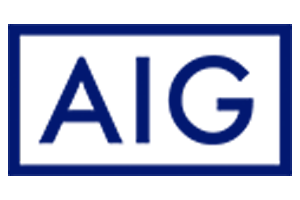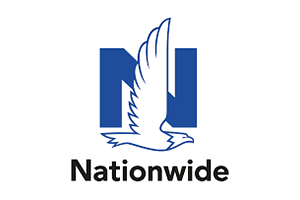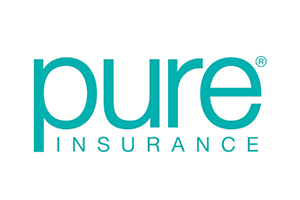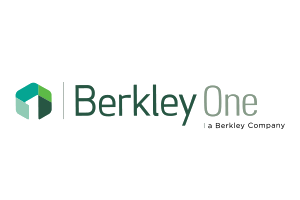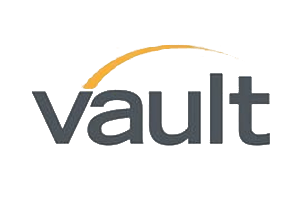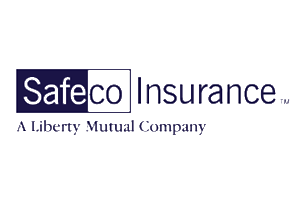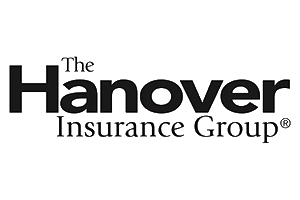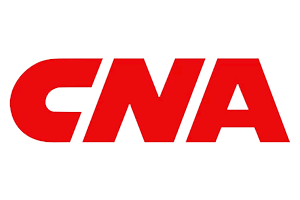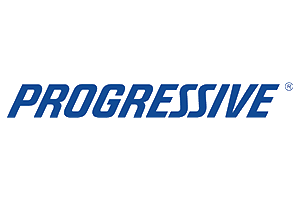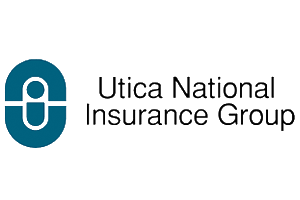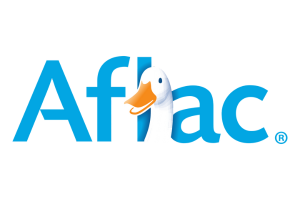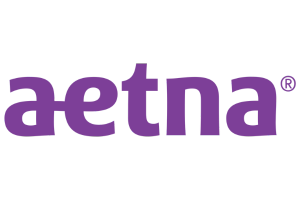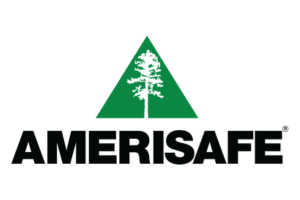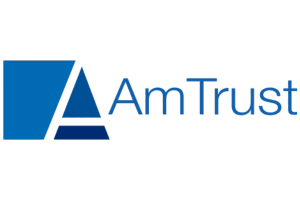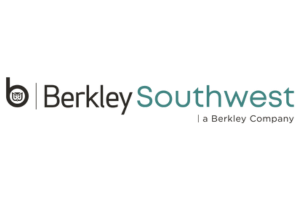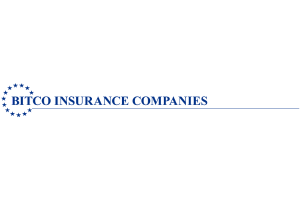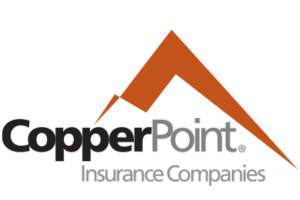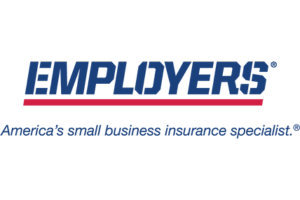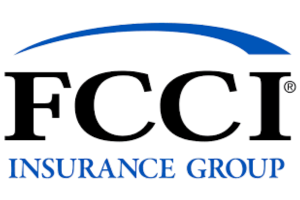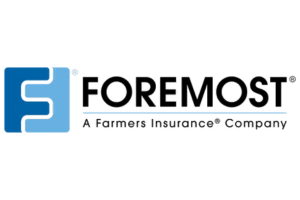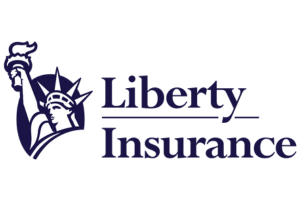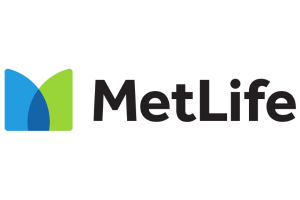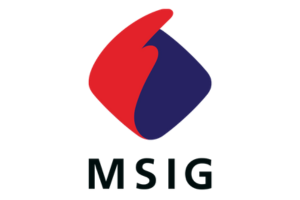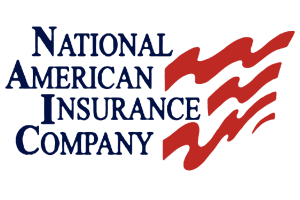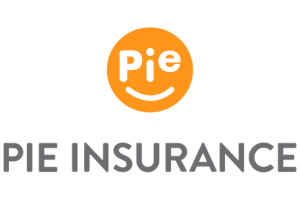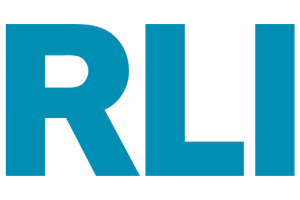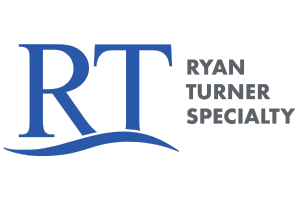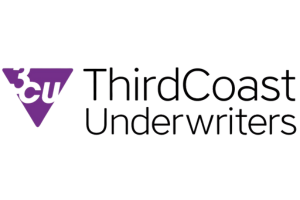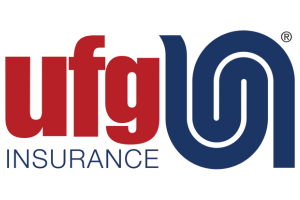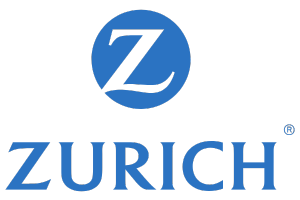Benefits insight

EMPLOYEE BENEFITS INSIGHT
Self-Funded Plans and How Level Funding Can Benefit Your Business
Are you an employer looking for ways to minimize your health insurance costs while still providing your employees with quality benefits? Self-funded health plans with level funding options may be the answer. By assuming the financial risk of medical claims instead of purchasing coverage from an insurance carrier, employers can benefit from lower administration costs, greater flexibility in plan design, and more control over their employee benefits. In this comprehensive guide, we’ll walk you through everything you need to know about level funding and self-funded plans.
EMPLOYEE BENEFITS INSIGHT
What is a Self-funded Plan?
A self-funded health plan is an alternative to traditional insurance plans where the employer assumes the financial risk of medical claims. Employers set premium rates based on claims history and typically benefit from lower administration costs and greater flexibility in plan design. With this type of plan, employers can tailor their benefits package to better meet their employees’ needs and save money in the long run.


EMPLOYEE BENEFITS INSIGHT
What is Level Funding?
Level funding is an option that can accompany a self-funded plan, providing predictability in budgeting efforts. With level funding, employers pay a set amount each month to a carrier, including administrative fees and the maximum amount of expected claims based on underwriting projections. The carrier pays employees’ claims throughout the year, and at the end of the year, the employer may receive a refund if payments exceeded claims. If claims exceeded payments, stop-loss insurance will cover the overage amount in most cases.
EMPLOYEE BENEFITS INSIGHT
Advantages and Disadvantages of Level Funding
One of the advantages of level funding is that it offers a more budget-friendly method of monthly claims payment, with stop-loss insurance to protect against unexpected high costs. Level funding allows employers to manage their budget better and benefit from a smoother cash flow. Additionally, many level funding plans provide detailed reporting on utilization trends, giving employers important information on where employees may be overspending. However, there are also some disadvantages to consider, such as administrative fees cutting into savings gained from running a self-funded plan. Employers must understand the terms of the contract and how it will impact their business size, as many level funding plans restrict their offerings to companies with a certain minimum or maximum number of employees.


EMPLOYEE BENEFITS INSIGHT
Making Your Decision
Employers must weigh the advantages and disadvantages of level funding and self-funding in general when considering a health plan. Ultimately, it depends on the company’s cash flow, risk tolerance, employee numbers, and preferred budgeting methods. At Tower Street Insurance, we offer a range of self-funded health plans with level funding options. Our team of experts can help you make an informed decision and customize a plan that meets your unique needs.
Level funding with a self-funded health plan can provide employers with more control over their employee benefits while minimizing costs. By understanding the pros and cons of level funding and self-funding, employers can make an informed decision that benefits their business and employees. Contact us at Tower Street Insurance to learn more about your options and find the right plan for your company.
Tower Street Insurance by the Numbers
Carriers
Collective Years of Experience
Written Policies
%
Retention Rate

- 5001 Spring Valley Rd 500W Dallas, TX, 75244
- PO Box 803506
- admin@towerstreetinsurance.com
- admin@towerstreetinsurance.com
- 469-788-8888
- View Service Areas
Privacy Policy
Site Map

